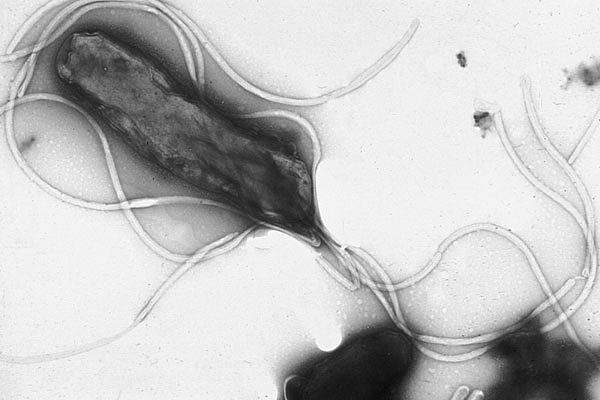What Triggers Acid Reflux?
Are you experiencing burning irritation in your esophagus? That might be a classic symptoms of acid reflux. In this video we are going to look at what triggers acid reflux. We also look at some of the common triggers that I see in my practice both conventional and non-conventional and a few ideas on what you can do about it.
If you want to know what triggers acid reflux and what to do about it keep reading.
When we look at the question, what triggers acid reflux first we want to look at what is acid reflux. Basically, it is a sensation of burning that occurs from the stomach acid irritating the lining of the esophagus. This irritation occurs by the acid regurgitating or refluxing up through the lower esophageal sphincter. You have your esophagus going down your throat and at the very bottom before it gets to the stomach, the lower esophageal sphincter. This is a one-way valve uh where you wouldn't expect things to come back up. Sometimes this is part of the issue the valve opens up and the acid that is in the stomach can get into the esophagus and irritate that lining.

The lining of the esophagus is much more delicate and soft tissue compared to the lining of the stomach. The stomach has a more thick and tough lining. This difference allows the lining the stomach to tolerate the acidic environment easier. When the esophagus encounters that acid it creates a lot of pain burning and irritation. If you were to look at the esophageal lining with a camera or an endoscopy, you can see that the tissue is irritated and become red inflamed and sometimes even damaged. The question we want to look at is what's triggering the acid reflux or what's triggering the acid to actually get into the esophagus .
What Triggers Acid Reflux?
There are two main things to think about with this question, the integrity of the lower esophageal sphincter and = the total amount of acid that's being produced. Stomach acid is produced by specific cells in the stomach called parietal cells. Those cells can be encouraged to produce more acid by the presence of histamine. Histamine is found in certain foods can actually up-regulate the amount of acid that's being produced in the stomach. That increased acid can then lead to increased irritation in the esophagus. You will find that a lot of the food triggers that need to be eliminated for acid reflux are commonly high histamine food. Still, acid reflux will only occur if the acid can get through that lower esophageal sphincter into the esophagus.
We said that the lower esophageal sphincter allows food to get in and it's supposed to prevent things from going back up. It's a one-way valve that allows things to flow in one direction. Mechanical problems like hiatal hernia can do this. In this process, part of the stomach slides up between the lower esophageal sphincter and interfere with the closing. The closing is a little more flimsy and actually can not close properly. Something like this can be surgically repaired in cases where it's really causing a lot of problems. This problem is not really the majority of cases that have acid reflux.
Another problem that can happen is from gas and pressure. The lower esophageal sphincter is susceptible to pressure and may not close properly due to the pressure that is in the stomach. When thee is increased pressure in the stomach, it can pushing up against that lower esophageal sphincter. This typically occurs from things like bacterial and fungal overgrowth as they cause gas and increased pressure in the stomach. This can push up against that lower esophageal sphincter and cause it to open up in the wrong direction. These types of problems are usually thought to occur more in the small intestine than in the stomach. Still, we have had multiple cases of treating bacterial and fungal overgrowth resolve acid reflux symptoms.
Another cause for increased pressure in the stomach is when there's lack of enzymes in the stomach. With this, there can be increased peristalsis because the lack of acid and enzymes, not breaking down the food properly. In these cases, taking digestive enzymes or taking acid like apple cider vinegar or lemon juice can help activate some of the enzymes present in the stomach. With more acid and enzyme activity, you get a more even breakdown of the food and not as much of the mechanical peristalsis is needed. As a result there is less pressure on that lower esophageal sphincter.
These are some of the common triggers common things that i see in my practice as causes for acid reflux; hiatal hernia, histamine intolerance or excess histamine, decreased acid or enzymes, and also infectious problems. Those are the most common acid reflux triggers I see. Of course the most common conventional approach is to say there's too much acid in general. With this theory, give you an acid blocker either short term or long term. This is certainly necessary in some cases, but the vast majority do not and should not take acid blockers over the long term. Here is another article that goes into more detail on
The Harmful Effects of Antacids Daily.
If you are taking an acid blocker, make sure you check with your doctor before you discontinue it. There are some very good reasons to take acid blockers, even long-term. Ok that should give you a better understanding of what triggers acid reflux. If you have questions about the content in this article, please ask it in the comment section below.
If you want a customized plan on how to treat your acid reflux, click in the link below to get started.


















